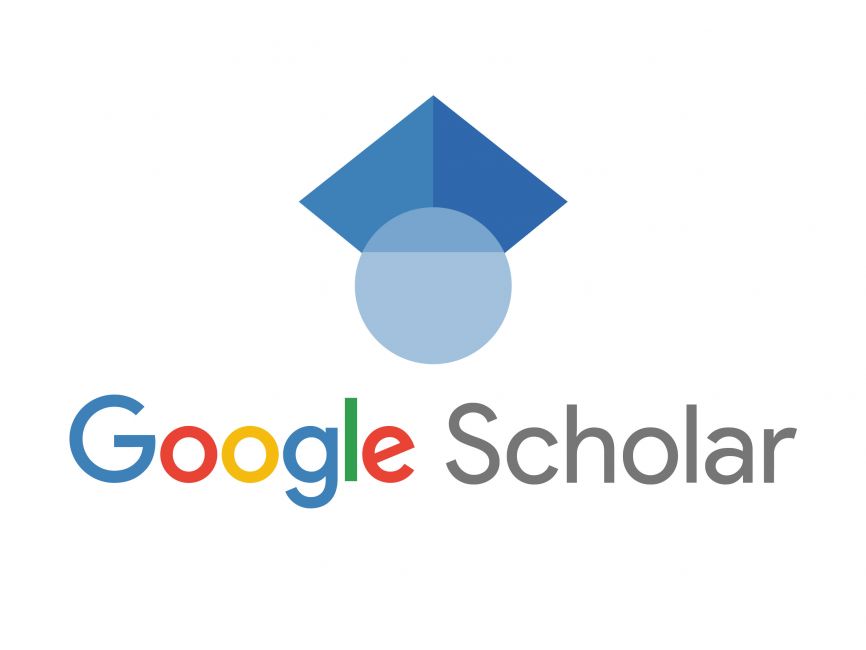Implementasi Program Talent Management sebagai Strategi Peningkatan Kesejahteraan Karyawan di PT Bank Syariah Indonesia
DOI:
https://doi.org/10.59012/jsb.v2i1.38Keywords:
Talent Management; Manajemen Sumber Daya Manusia; Pengembangan Karir; PerbankanAbstract
Penelitian ini dilakukan dengan tujuan untuk memberikan gambaran hasil analisa kualitatif terkait implementasi talent management dan pengembangan karir di PT Bank Syariah Indonesia. Metode penelitian yang digunakan adalah analisis deskriptif menggunakan data-data sekunder serta dijabarkan dengan penggunaan naratif (kualitatif) berupa wawancara dengan pihak narasumber. Data sekunder yang digunakan pada penelitian ini merupakan data yang berasal dari Laporan Tahunan Bank BUMN tahun 2018-2022. Teknik pengumpulan data dilakukan dengan menghubungi narasumber terkait serta mengakses www.bnisyariah.co.id untuk mengunduh Laporan Tahunan Bank periode masa pandemi dan mengakses sumber referensi daring untuk melakukan kajian jurnal, artikel, skripsi, dan sumber referensi daring lainnya. Berdasarkan hasil olah data sekunder yang terdapat pada Annual Report PT BNI Syariah, PT BRI Syariah, dan PT Bank Syariah Indonesia dapat diketahui bahwa terjadi penurunan jumlah peserta dikarenakan terbatasnya akses pelatihan yang merupakan dampak lanngsung dari covid-19 sehingga pelaksananaan talent management menjadi kurang optimal. Hal ini berdampak terhadap kinerja Perusahaan yang juga ikut serta mengalami penurunan laba bersih Perusahaan yaitu dari total laba bersih tahun 2019 sebesar Rp 603 Milyar turun menjadi sebesar Rp 505 Milyar pada tahun 2020 atau turun sebesar 16,3%. Namun hasil dari penerapan talent management sebagai strategi peningkatan kesejahteraan karyawan yang dilakukan PT BSI mulai membuahkan hasil diketahui dari peningkatan laba 3 tahun terakhir mencapai Rp3 triliun di tahun 2021 dan Rp4,3 triliun di tahun 2022. Hal ini menunjukkan bahwa karyawan yang sejahtera terdorong untuk berkontribusi optimal hingga produktivitas meningkat seiring juga dengan laba perusahaan.
References
H. Malayu and H. Hasibuan, Manajemen sumber daya manusia, Edisi Revisi. PT Bumi Aksara. Jakarta., 2012.
“Annual Report PT. BSI, 2022.”
N. Nopitasari, “ARE WE READY FOR COMMUNITIES 5, 0?,” PROCEEDING IAIN Batusangkar, vol. 1, no. 3, pp. 183–188, 2020.
H. Suparyadi, “Manajemen Sumber Daya Manusia Menciptakan Keunggulan Bersaing Berbasis Kompetensi SDM,” Yogyakarta CV Andi Offset, 2015.
M. Nugroho and B. D. P. Putro, “Peningkatan kinerja berbasis manajemen bakat, servant leadership dan komitmen organisasi,” J. Ilm. Manaj. Dan Bisnis, vol. 22, no. 1, pp. 1–16, 2021.
D. A. Pella and A. Inayati, “Talent Management: Mengembangkan SDM untuk Mencapai Pertumbuhan dan Kinerja Prima,” Jakarta PT. Gramedia Pustaka Utama, vol. 81, 2011.
C. Kontoghiorghes, “Linking high performance organizational culture and talent management: satisfaction/motivation and organizational commitment as mediators,” Int. J. Hum. Resour. Manag., vol. 27, no. 16, pp. 1833–1853, 2016.
J. Gelens, N. Dries, J. Hofmans, and R. Pepermans, “Affective commitment of employees designated as talent: Signalling perceived organisational support,” Eur. J. Int. Manag., vol. 9, no. 1, pp. 9–27, 2015.
A. Sulistyorini, “TALENT POOL SEBAGAI WUJUD AKUNTABILITAS PENILAIAN KOMPETENSI ASN DI BADAN KEPEGAWAIAN, PENDIDIKAN DAN PELATIHAN KOTA YOGYAKARTA,” J. Jendela Inov. Drh., vol. 1, no. 2, pp. 93–108, 2018.
R. Y. Angliawati and F. Fatimah, “Peran talent management dalam pembangunan SDM yang unggul,” J. Sains Manaj., vol. 2, no. 2, pp. 28–40, 2020.
S. Swailes and M. Blackburn, “Employee reactions to talent pool membership,” Empl. relations, vol. 38, no. 1, pp. 112–128, 2016.
Undang-Undang No.6 Tahun 1974 Tentang Kesejahteraan Sosial.
Downloads
Published
How to Cite
Issue
Section
License
Copyright (c) 2024 Journal of Society Bridge

This work is licensed under a Creative Commons Attribution-ShareAlike 4.0 International License.
License
Journal of Society Bridge is licensed under an Attribution-ShareAlike 4.0 International (CC BY-SA 4.0) license. You are free to:
- Share — copy and redistribute the material in any medium or format
- Adapt — remix, transform, and build upon the material for any purpose, even commercially. This license is acceptable for Free Cultural Works.
The licensor cannot revoke these freedoms as long as you follow the license terms.
- Attribution — You must give appropriate credit, provide a link to the license, and indicate if changes were made. You may do so in any reasonable manner, but not in any way that suggests the licensor endorses you or your use.
- ShareAlike — If you remix, transform, or build upon the material, you must distribute your contributions under the same license as the original.
- No additional restrictions — You may not apply legal terms or technological measures that legally restrict others from doing anything the license permits.
Copyright
Authors who publish with this journal agree to the following terms:
- Authors retain copyright and grant the journal right of first publication with the work simultaneously licensed under an Attribution-ShareAlike 4.0 International (CC BY-SA 4.0) that allows others to share the work with an acknowledgment of the work's authorship and initial publication in this journal.
- Authors are able to enter into separate, additional contractual arrangements for the non-exclusive distribution of the journal's published version of the work (e.g., post it to an institutional repository or publish it in a book), with an acknowledgment of its initial publication in this journal.
- Authors are permitted and encouraged to post their work online (e.g., in institutional repositories or on their website) prior to and during the submission process, as it can lead to productive exchanges, as well as earlier and greater citation of published work (See The Effect of Open Access).





